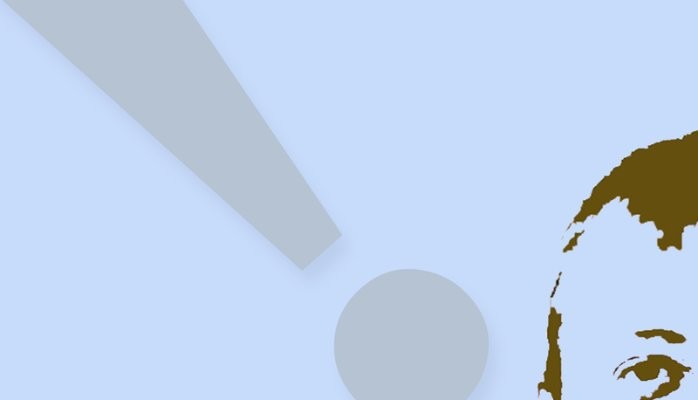
Five ways to gain knowledge
You are smart. You’ve got a fancy degree. You have 15+ years’ experience. You have direct reports. You took an executive education course last year. You read the news. You read trade publications. You read blogs. You are on Twitter. Are you up to date on every possible industry twist? Not sure?
Where does insight come from? Introspection? Team work? Multinationals? Universities? Consultants? In truth, why choose one source of insight? Tap into open innovation, foster internal skunk works, hire expert networks, meet with startups, frequent/scout universities, engage in co-creation of knowledge with different communities depending on the issue at hand.
In a fast moving landscape, what’s your map?
The strategy framework I have developed focuses on four forces of industry disruption: technology, policy, business model and user dynamics. As it turns out, hard to grasp driving forces of change interplay in any issue you are likely to face in today’s marketplace:
- Tech strongly impacts any business.
- There are multiple trend drivers.
- The competitive landscape is complex.
- Changing business models create uncertainty.
- User dynamics can make/break products, platforms, even track record.
Disruptions are by nature surprising
Most people were caught unaware by the scale of the recent Ebola outbreak. In fact, when we apply the four forces framework to a recent societal challenge, the Ebola epidemic, we find that Ebola disrupts tech, policy, business models, and user dynamics on many levels simultaneously.
- Technology
- Innovations needed in triage, testing, tracking, electronic medical records.
- Policy
- Governments in West Africa, EU and US were slow to react and have so far not excelled in coordination. WHO was not set up for full scale Ebola.
- Business models
- Big pharma had given up on tropical diseases.
- Multiple development actors compete to respond and get attention among donors
- Cost of Ebola v. benefit of acting in a certain way is hard to estimate, spread across many dimensions, and over a long time span.
- User dynamics
- The general public’s fear of Ebola spurred partially irrational actions among the public, and in govt: stockpiling, military intervention, etc.
What is open innovation?
Open innovation = mass collaboration + user co-creation. Various formats exist but the point is to get “outside” input in a more scalable fashion than with traditional consulting teams. What differentiates open innovation attempts is the process. Without a good process, it might be open, but it fails.
For open innovation to work, you need to share early stage ideas and concepts before they are fully formed. You will expose the fact that you have not made up your mind, that you don’t have all the answer (see Yegii’s White Paper on open innovation). Open innovation is fundamentally different from consulting, which is important to be aware of. Some of those differences are outlined below:
Working with a 3rd party open innovation provider would often entail running a challenge competition with external experts or the public. Partnering with a 3rd party provider would complement the use of traditional consultants.
The open innovation market is rapidly maturing, due to advances in technology, the increasing realization among consulting clients that their access to knowledge is not always commensurate with the size and recognition of the brand name used to access it. In fact, there are plenty of smart people who are just waiting to be connected into powerful teams that can make radically new insight available to you more rapidly, and more inexpensively than ever before. This is the sharing economy for spare brain capacity!
Summing up, there are truly five ways to gain knowledge these days and they go way beyond reading the paper or browsing the web for the latest digital gizmo: tap into open innovation, foster internal skunk works, hire expert networks, meet with startups, frequent/scout universities, in short, engage in co-creation of knowledge with different communities depending on the issue at hand.
Full disclosure, I'm the co-founder of Yegii, the insight network, which is pioneering the trend I'm discussing above. Yegii provides technology expertise on demand. As the next generation knowledge provider, a hybrid of management consulting and research firm, but imminently more scalable since we rely on spare brain capacity among the world's professionals - industry experts, consultants, academics - Yegii is the definitive sharing economy resource for the 21st century.


MIT STEX Startup Exchange IPC-Improving Patient Care
9yBoth informative and insightful articles. Thanks for taking the time to post